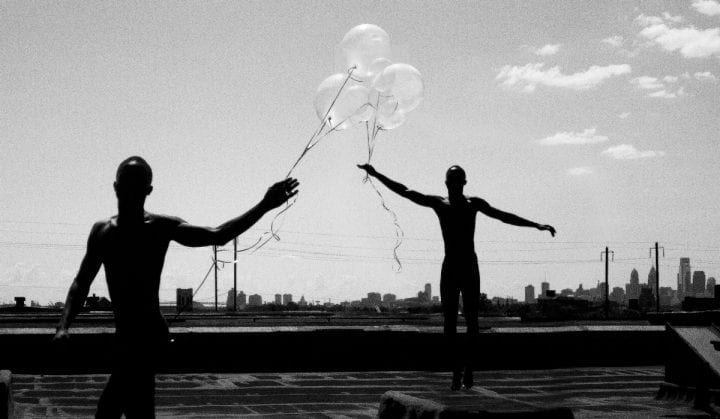
Not an Elegy
November 26, 2018
This essay is part of a series in which Poetry Northwest partners with Seattle Arts & Lectures to present reflections on visiting writers from SAL’s Poetry Series. Danez Smith reads at 7:30 pm tonight, November 26 at Broadway Performance Hall. Tickets will be sold at the door!
By Luther Hughes
1.
I used to own a plant, or better put, my old roommate and I used to own a plant. We decided the plant was nonbinary and named them “Stardust.” Stardust was a succulent. They barely needed water or to be touched, catered to. The only thing they really needed was sunlight, but Stardust began dying after only a few weeks. I Googled, “how to keep your succulent from dying,” but there weren’t many answers. Our friends told us how easy it was for succulents to die, but we had our hopes. After a few months passed, Stardust was half dead, a mere ghost of who they were, and I began to clip the dying appendages. My roommate left soon after; we were both moving out—back to our respective home cities. The day I moved out of our apartment, I left Stardust in my roommate’s room, so they could die in the sun. I don’t know why, but I wanted their death, if it were to come before my landlord threw them out, to be peaceful. Or maybe, just maybe, my landlord would see Stardust and adopt them for himself, Stardust leaning into the sun saying, “I’m not dead, not yet.”
2.
While rereading Danez Smith’s second collection, Don’t Call Us Dead, I am reminded of Stardust. Through lamentation and joy, Smith’s poems lean their head back and sing, “Not yet.” And this singing—how it unravels something in me, call it an awakening—speaks to how I move throughout the world, how the world moves through me.
I’m on the bus going to work when I see two police officers surrounding a black man downtown. Or I’m walking home and, in the Fred Meyer parking lot, a police car swerves into the parking space next to a downed brown woman, another police officer’s knee pinned against her spine. I open my bookbag and begin reading the first few couplets of Don’t Call Us Dead, from the poem, “summer, somewhere”:
somewhere, a sun. below, boys brown
as rye play the dozens & ball, jump
in the air & stay there. boys become new
moons, gum-dark on all sides, beg bruise
-blue water to fly, at least tide, at least
spit back a father or two. i won’t get started.
history is what it is. it knows what it did.
bad dog. bad blood. bad day to be a boy
“[H]istory is what it is. it knows what it did” guts me. In these first few couplets, there is an attempt to want to talk about the deaths of black and brown boys, but the speaker retreats multiple times: “i won’t get started” is the first step away; “history is what it is. it knows what it did” is the second. Immediately there is pain. There is so much pain that instead of talking about death, the speaker wants to talk about life, or more so, imagining the lives of black and brown boys: “somewhere, a sun. below, boys brown.” Smith is saying, “I will focus on joy,” similar to Ross Gay ending his poem, “Sorrow Is Not My Name,” with “My color’s green. I’m spring,” similar to Stardust saying, “Not yet.”
Read more on Poetry Northwest.